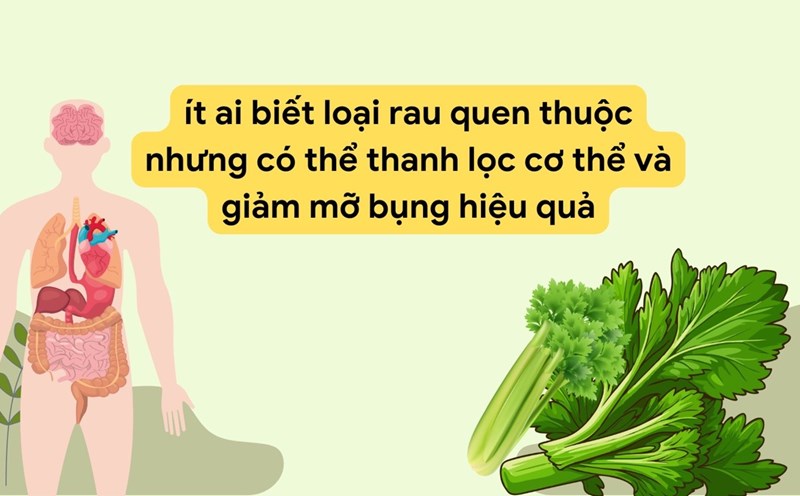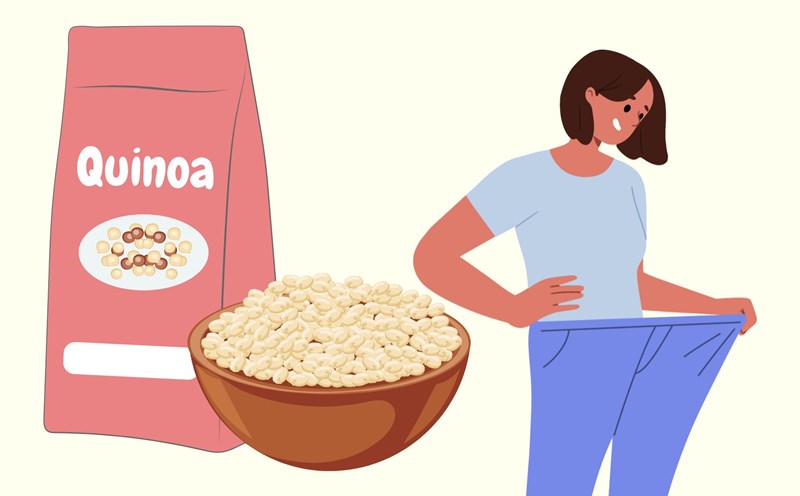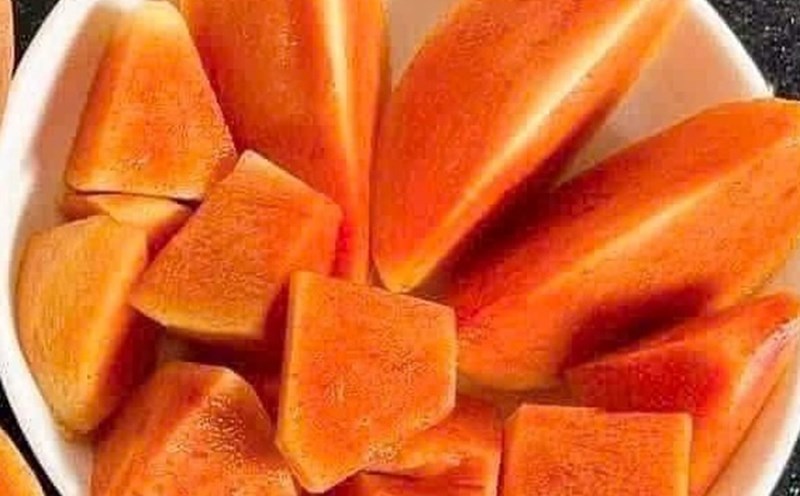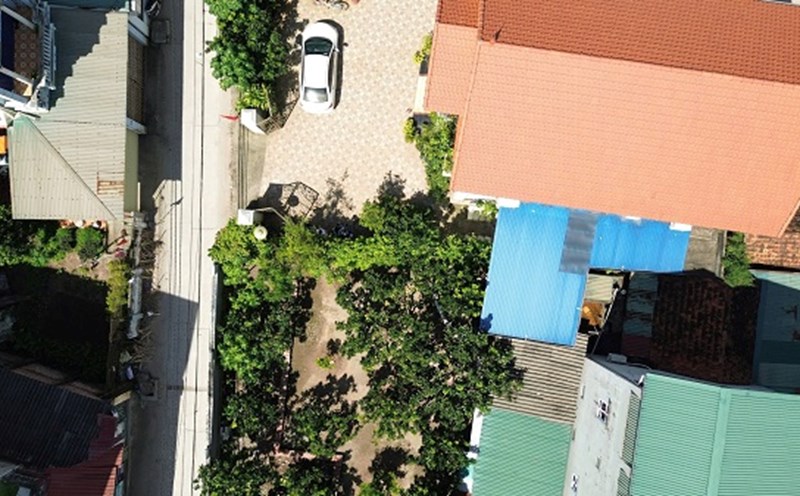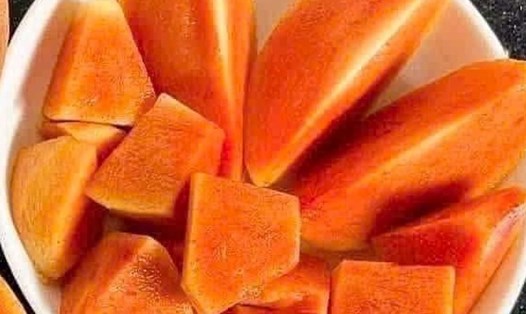Oatmeal
Oatmeal is a source of soluble fiber, especially beta-glucan, which helps you feel full longer, slows digestion and can help stabilize blood sugar levels. Eating more fiber, especially soluble fiber, has been linked to a decrease in visceral fat accumulation over time.
Beans
Beans, especially chickpeas, black beans and lentils, are a rich source of fiber and vegetable protein. This combination creates a feeling of fullness, helping to control appetite and overall calorie intake - the foundation of fat loss.
Berries
Berries such as blueberries and raspberries are rich in fiber and antioxidants These compounds help fight inflammation, improve insulin sensitivity, and help reduce belly fat.
Salmon
Salmon or other fatty fish provide high-quality lean protein and omega-3 fatty acids. Omega-3 has anti-inflammatory and fat-reducing effects by regulating fat metabolism.
Greek yogurt
Greek yogurt is a source of protein and probiotics. High protein content helps increase satiety and supports muscle maintenance, helping metabolism take place quickly. Bacteria can support a healthy gut microbiome, helping to regulate weight better and reduce belly fat.
Avocado
Avocado is rich in monounsaturated fats and fiber. These heart-healthy fats contribute to satiety, help control calories and reduce belly fat.
Green leafy vegetables
Leafy greens such as spinach and kale are low in calories but rich in fiber, vitamins and minerals. Leafy greens help increase satiety and help reduce overall calories.
Seeds
Nuts provide healthy fats, protein and fiber. Eating nuts regularly and in moderation can help control appetite and maintain stable blood sugar levels, thereby maintaining sustainable fat loss.

